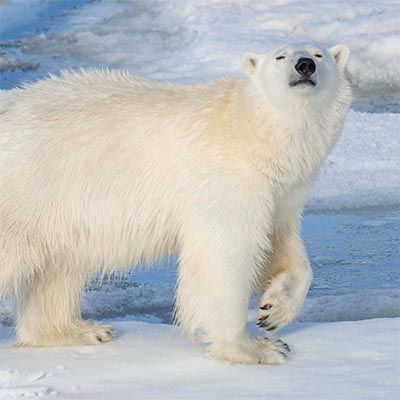Marine sharks and rays ‘use’ urea to delay reproduction
Researchers found that high urea concentrations common in cartilaginous fish, particularly oviparous marine species, allow them to mature and begin to reproduce at a larger fraction of their maximal size.
Most coral reef sharks and rays may be at risk of extinction
Nearly two-thirds of coral reef shark and ray species worldwide are threatened with extinction, a new study in Nature Communications, co-authored by the Sea Around Us’ Maria ‘Deng’ Palomares shows.
New FCRR: Marine and Freshwater Miscellanea IV
Like its predecessors, this Fisheries Centre Research Report is a grab-bag of contributions from Dr. Daniel Pauly and associates.
New Fisheries Centre Research Report (FCRR)
Implementing CITES Appendix II listings for marine fishes: a novel framework and a constructive analysis
Ecologists and mental health researchers unite to improve patient care, save wild animals using Fitbit-like devices
Narwhals, sharks, and polar bears can help medical professionals improve care for patients with mental health struggles – and patients with conditions such as depression and bipolar disorder can offer insights that will help the conservation of many wild animals.
Recreational fishers catching more sharks and rays
Recreational catches of these fishes have gradually increased over the last six decades around the world, now accounting for 5-6% of total catches taken for leisure or pleasure.
Official stats mask almost all species of shark and ray caught in the Mediterranean and Black seas
97% of the sharks and rays caught and brought to market domestically are not reported by species.
The tragic disappearing act of Mediterranean sharks
IOF alumnus Madeline Cashion discusses efforts to save the shortfin mako shark, and how her research is helping.
Appetite for luxurious shark fin soup drives massive shark populations decline
“Extinction must not make the decision for us,” co-author Daniel Pauly says.
Climate change jaw dropper: Great white shark could one day prowl B.C. waters
If ocean temperatures continue to climb, you’re going to need a bigger boat.








